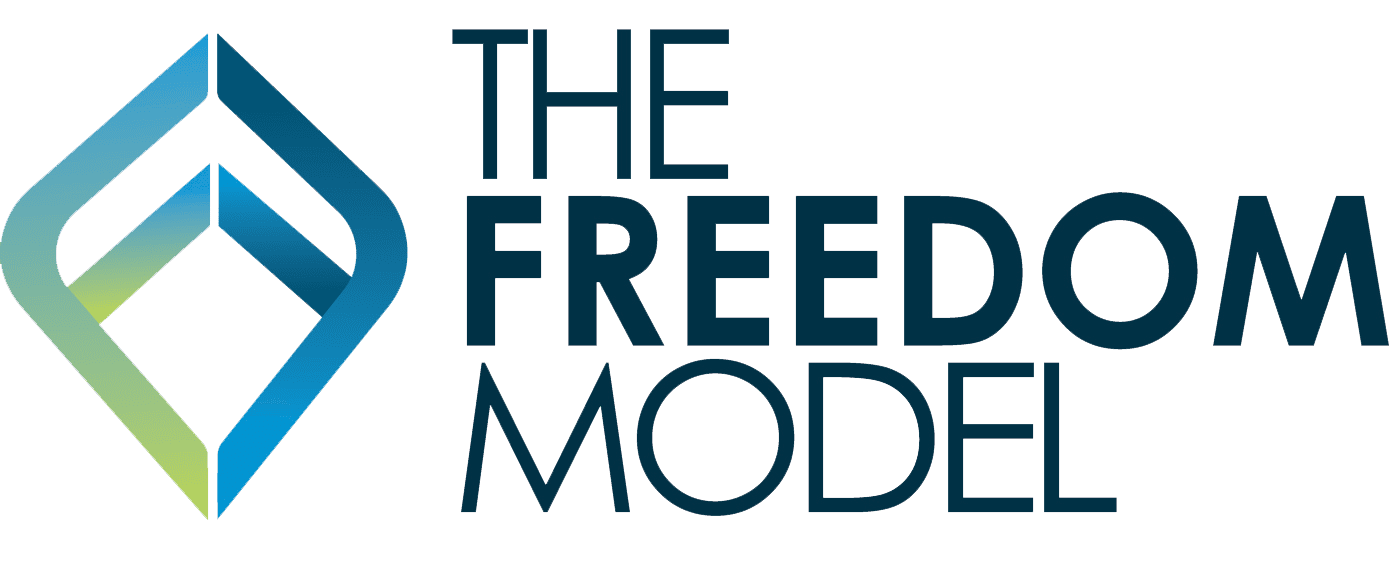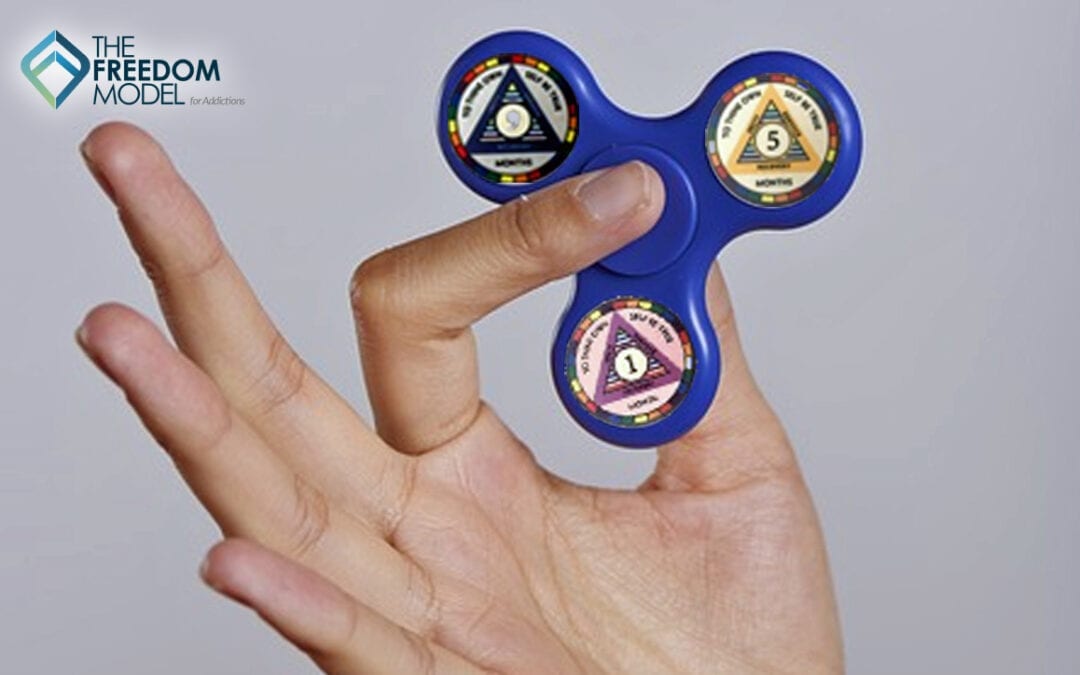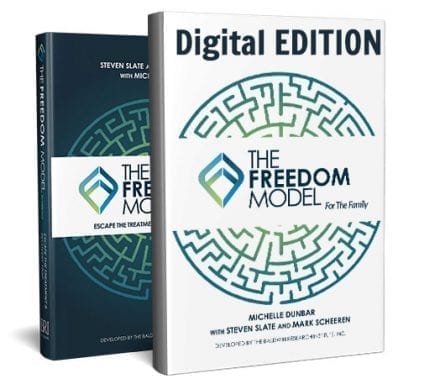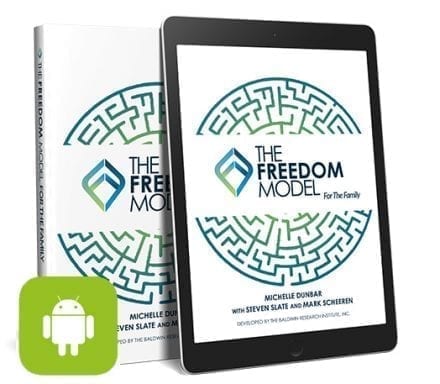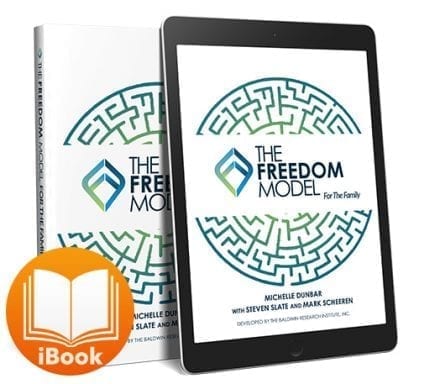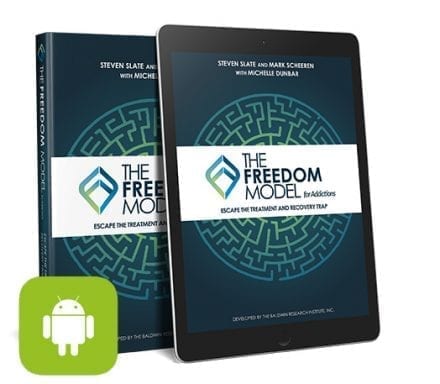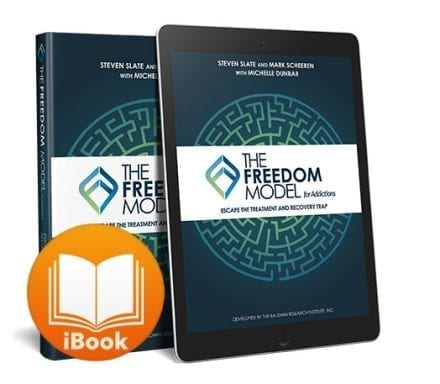I was in my car this morning when I recorded one of my “On the Road” videos that I do occasionally when I’m inspired. Over the last couple of weeks we’ve been hitting the “recovery is a trap” theme heavy through our Podcast (The Addiction Solution Podcast) as well as on posts in social media, and our Facebook Live events. People are starting to really get this concept and they are finding real freedom in letting go of this self-created cage. Because we get so much feedback and questions about this topic, I want to share a short excerpt from our book, The Freedom Model for Addictions, Escape the Treatment and Recovery Trap here for those that might be new to our non-12 step, non-recovery stance. Take a read:
“You can mindlessly help other alcoholics while making absolutely no change to how you think about substances, as the treatment in industry advocates millions to do every year. You can go to meetings thinking you’re getting “support for your recovery” and sit there pining away to get drunk or high. Where these plans of action go wrong is that they’re plans of action. They allow you to feel like you’re addressing your problem when you really aren’t. They’re distractions and provide a way to ride the fence on re-assessing and figuring out whether you’d be happier putting heavy substance use behind you forever or not. Thoughts are changed by direct choice within your own mind, not by mimicking the actions of others; not by driving to meetings and attending them; not by seeking a purpose to replace use; not by avoiding stress or triggers. All of that distracts you from looking at whether continued use is still attractive to you and deciding whether to continue to use and if so, at what level. Unplug your concept of substance use from all this other stuff and it becomes crystal clear; you can choose to stop or moderate based on whether you still like it enough or not.
Note: In the following paragraph, I am referencing learning how to best help people in the early years of our research at our residential retreat in Upstate NY. The excerpt continues below…
To figure all of this out we had to strip our program down to the content that actually addresses that issue, and then deal with those specific issues comprehensively, and throw out the distractions that didn’t matter. Our guests had been telling us exactly what matters for a long time: the ideas and the facts. But we stubbornly kept extraneous processes and actions and the concept of replacement.
Over a 10-year period Freedom Model co-creator, Mark Scheeren, personally conducted follow-up interviews with program graduates during which he would ask the graduates whether they had been abstinent or not (these would later become independent studies conducted by outside independent research firms). For those that were abstinent or reported significantly reduced levels of substance use, he would follow up that question by asking that individual what they felt was the most important part of the experience for them. Again and again the graduates said, “You told me I had a choice.” When asked if they were doing the selfless service work that our book had prescribed, or if they were working to attain or had attained their goals and found greater purpose, some were, but many more were just living their lives without much thought given to those ideals, using the resources freed up by reducing their substance use to enjoy their lives in other ways.
Please understand, we are not opposed to a purpose driven life, but we are opposed to judging what is and isn’t a “better purpose” for others. Equally offensive is the idea that a non-user would view a substance using lifestyle as one without purpose or that a life of abstinence has more purpose or is superior in some way. Maybe it is and maybe it isn’t; the point is that is up to each individual to determine for themselves.”
So here we see that I worked tirelessly to seek the truth. The question was simpler – was a “recovery process” necessary for people to move past their addiction? The clear answer was no. This became even more apparent as the years progressed and more data flowed in from other studies such as NESARC where we see that more than 90% of people move past their problematic addictions regardless of whether they are treated or not. If plans of recovery were necessary to overcome an addiction, then how is it possible that the vast majority of people move past their addiction issues with no help or plans of recovery being a part of the overall picture? Obviously recovery is not only unnecessary, but in cases where people are focused on such plans we see them revolving in and out of rehabs and clinics at a much higher rate than those who allow themselves to directly address their substance use issues without tying it needlessly to other aspects of their existence.
In the Freedom Model chapter that addresses tying abstinence to a recovery plan or recipe (Chapter 6, Learned Connections) we talk about making the split. Directly address your preference for heavy use, and then directly address whatever other issues you have in life. Each are independent of the other. By making these separations, you can finally directly change a preference while also deciding whether you want to work on your career, goals, depression, anxieties, traumas, or whatever other issues you previously connected to your substance use. We also discuss the fact that if you decide to keep all these aspects and choices in life tangled together, a “plan of recovery” comes back into play to endlessly dwell on the tangled mess.
In short, what the research shows over and over again is this:
There is no need to dwell in recovery on the past. You can directly ask yourself why you prefer heavy use, and you can challenge that desire and belief. You can change it like you can change any other aspect of your life. Don’t make a preference for heavy use any different than any other thing you prefer. It IS NOT different. The only reason it seems different and more confounding is because you’ve been distracted by “recovery.” Right now tell yourself recovery does not exist. If it didn’t exist, what would you do? How would you handle your use? The answer is simple – you’d ask yourself if you still like it, or if you’d like moderating or abstaining better. That’s the natural way we change our desires and preferences, and a drug habit or drinking habit is no different. Let go of recovery processes, and directly address your preference today. In the final analysis, that’s the only way you’re going to change it anyway, whether you’re in recovery or not. It’s all up to you, and always has been.
